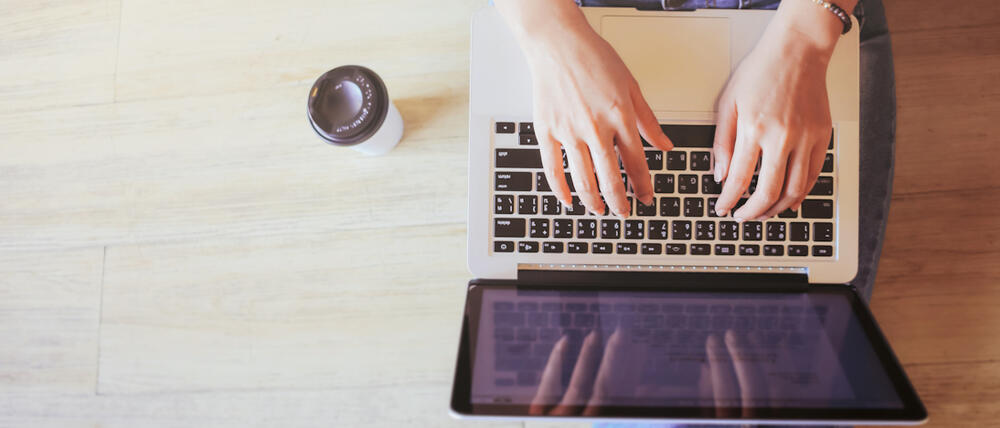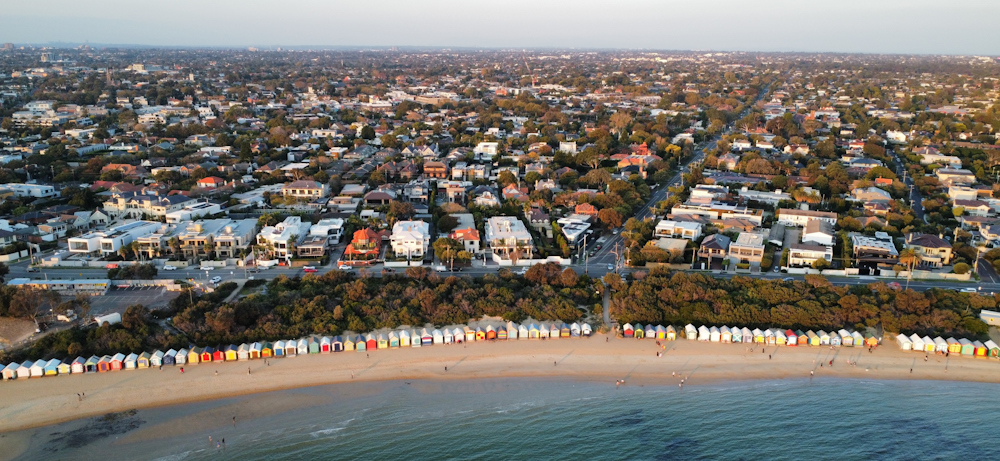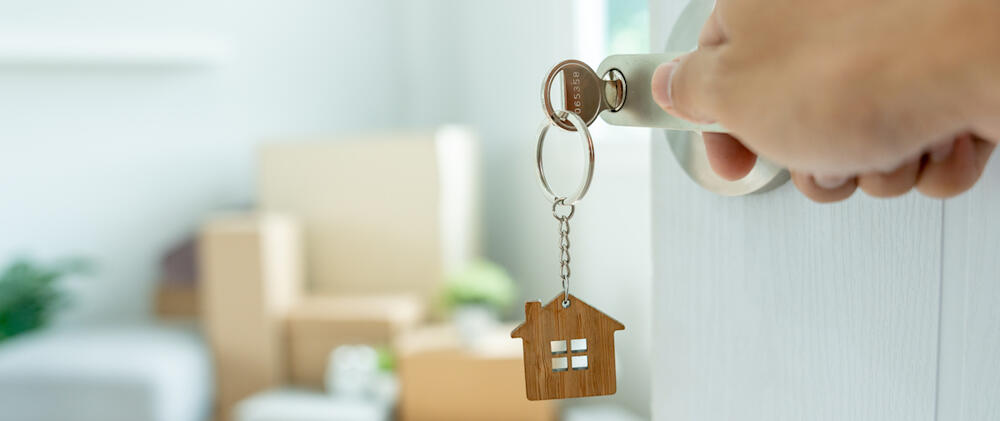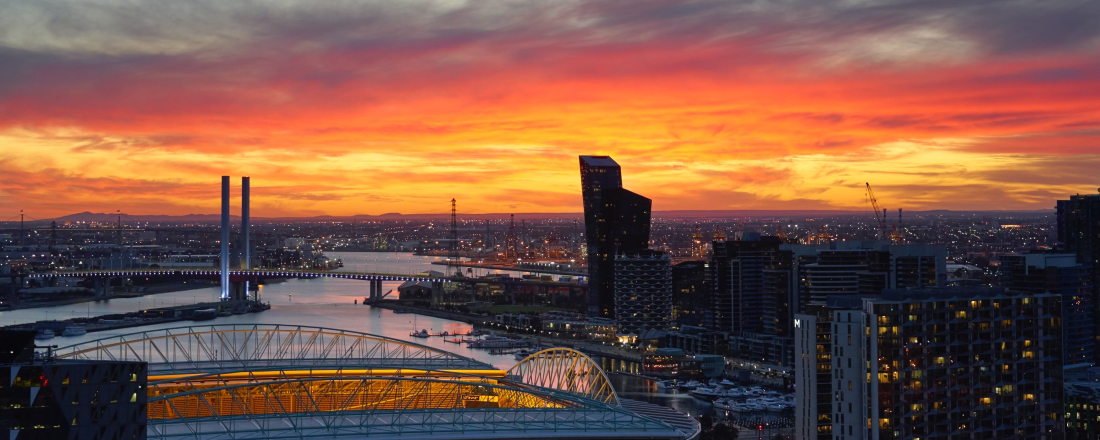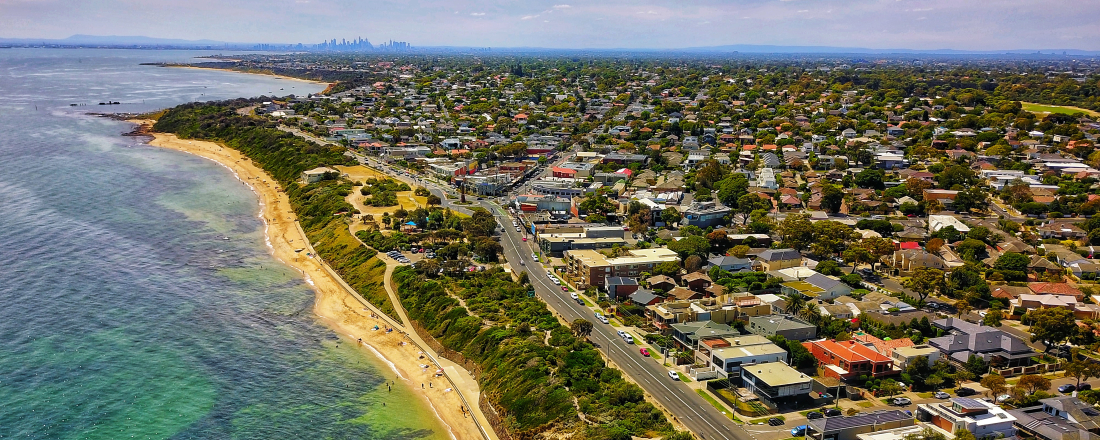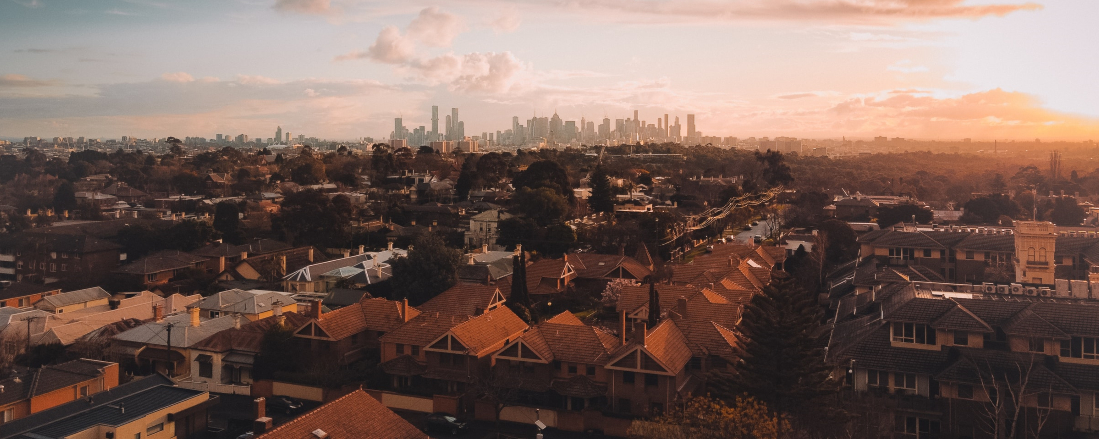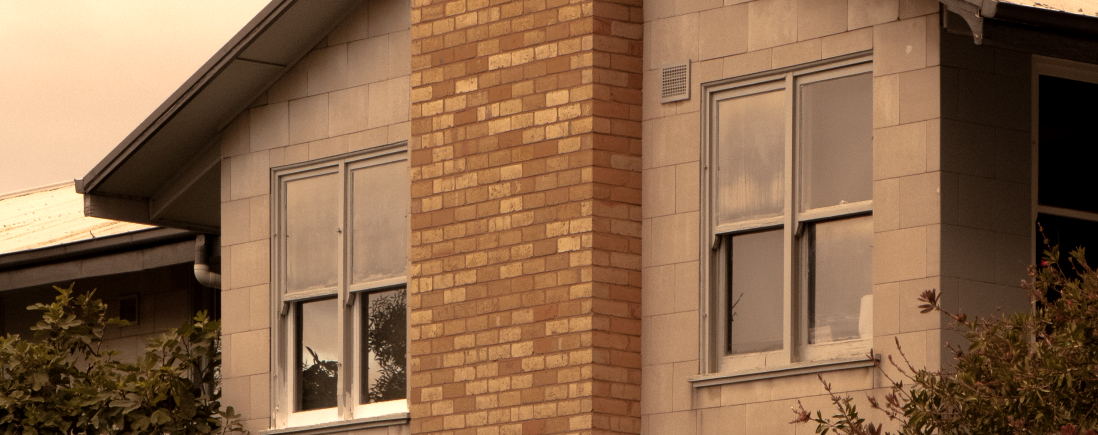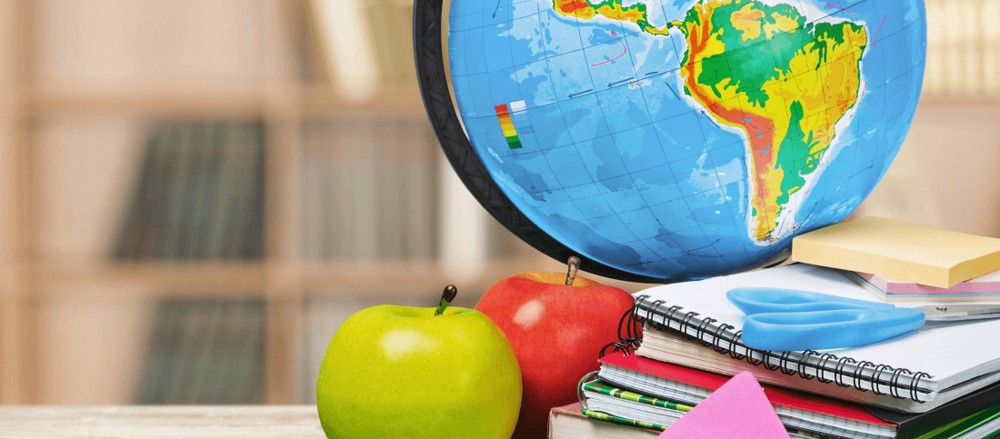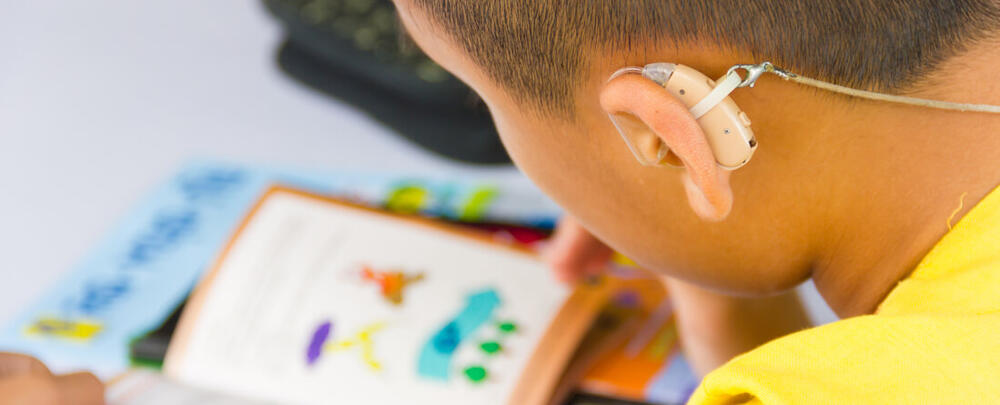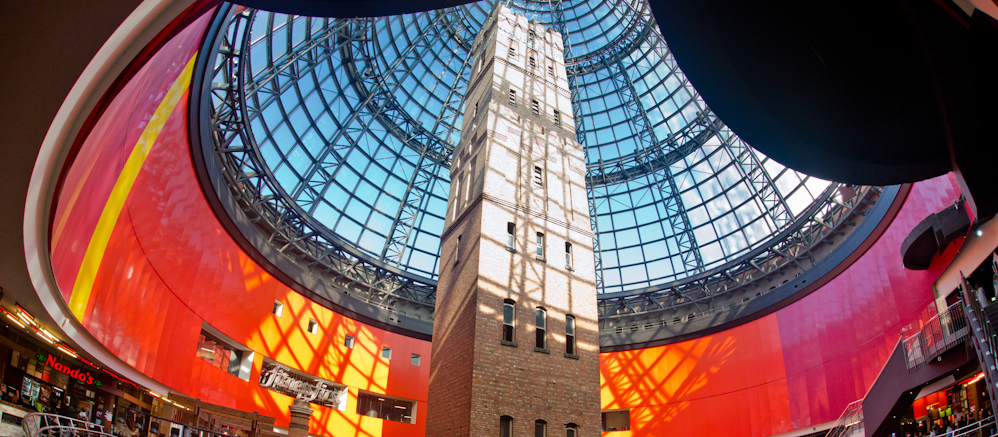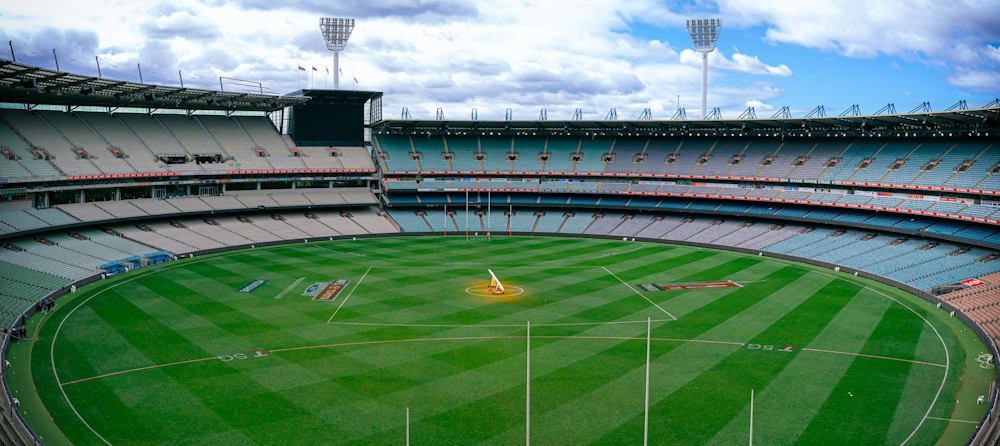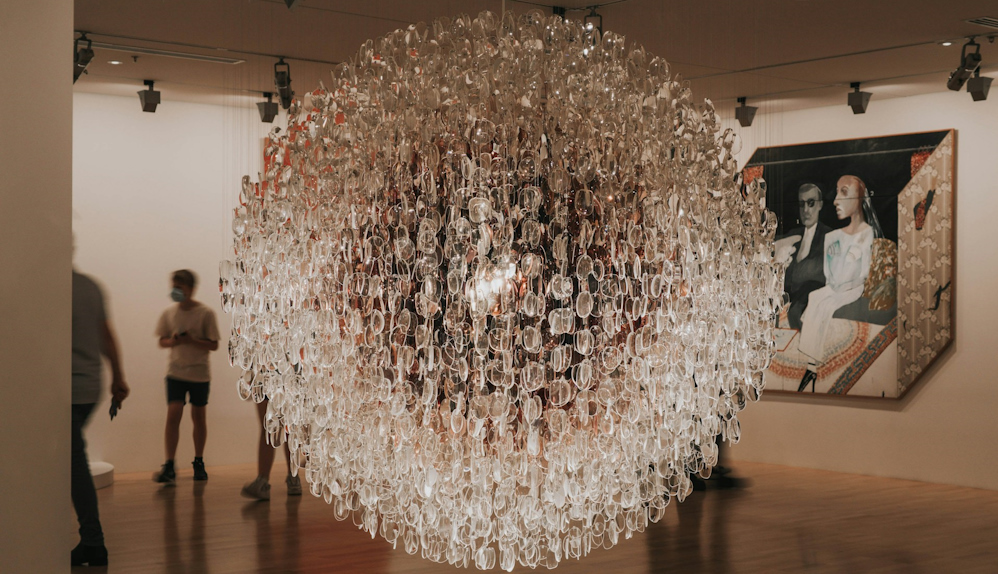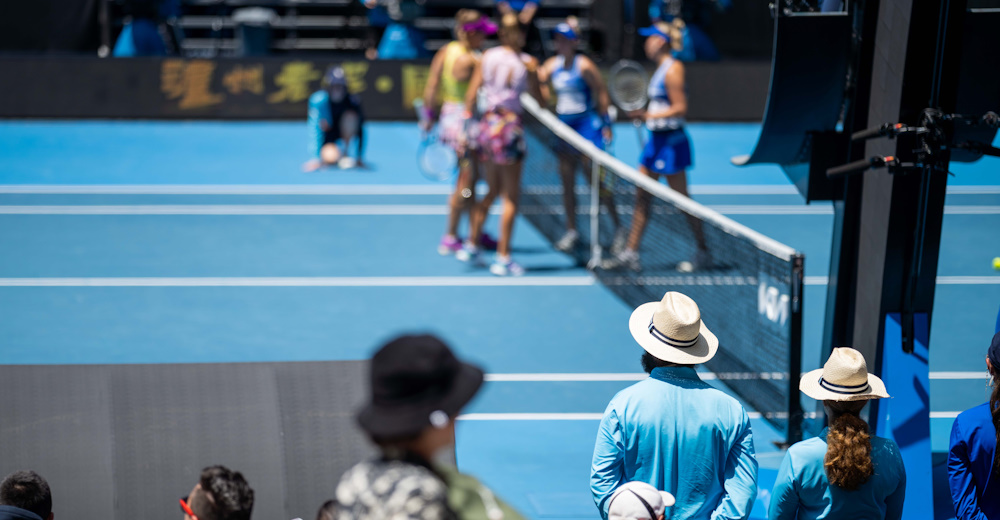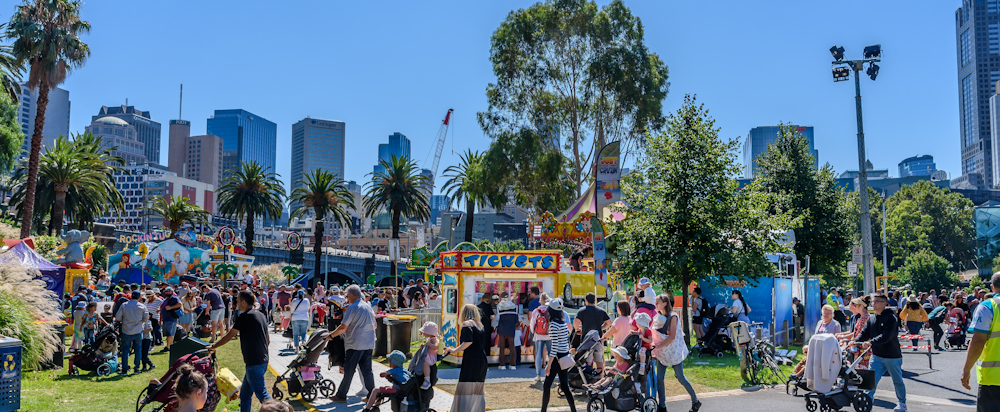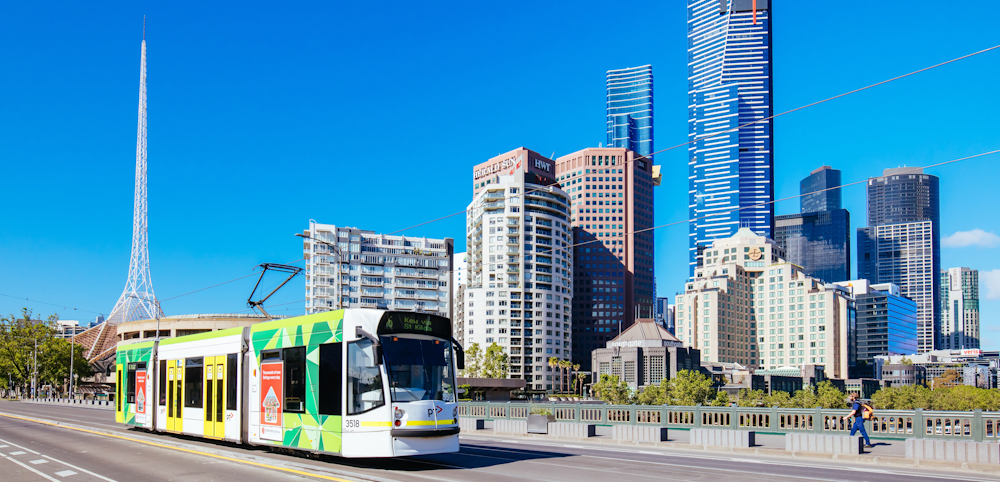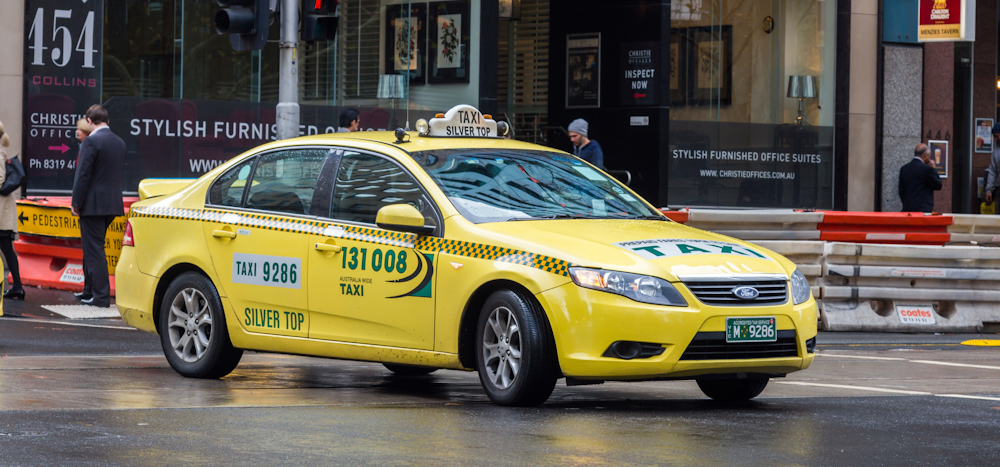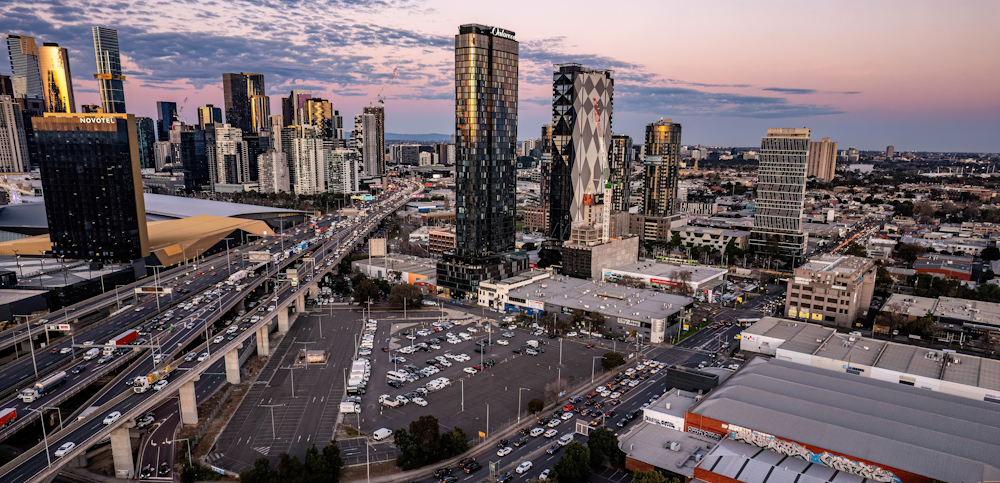A coastal city encircling Port Philip Bay, Melbourne is the picturesque capital of the Australian state of Victoria. It is known for its natural beauty, which is complemented by the angular and avant-garde designs of its iconic skyscrapers.
Living in Melbourne as an expat
For expats, moving to Melbourne means immersing themselves in one of Australia’s most multicultural and cosmopolitan centres. Waves of immigration have led to the establishment of enclaves for British, Italian, Greek, Chinese and Indian communities, each with its own unique character, distinctive customs, festivities, food, and art.
Wherever you’re from, you’re sure to feel at home in friendly Australia, where locals are renowned for being welcoming and open. Melbourne is a diverse city with much to explore. Many expats live a happy, fulfilling life in Victoria’s capital and often stay much longer than anticipated.
Working in Melbourne
The job market in Melbourne is broad, and there are plenty of opportunities to be found. Particularly strong industries include healthcare, IT, science, engineering, education and construction.
Expats from countries that favour hierarchical work structures may find that Australia’s work culture takes some getting used to. Here, the office atmosphere tends towards a relaxed, informal and egalitarian feel. While hard work is valued, so is personal time, and employers place a great deal of emphasis on maintaining a healthy work-life balance.
Finding a Job in Melbourne
Business Culture in Australia
Finding accommodation in Melbourne
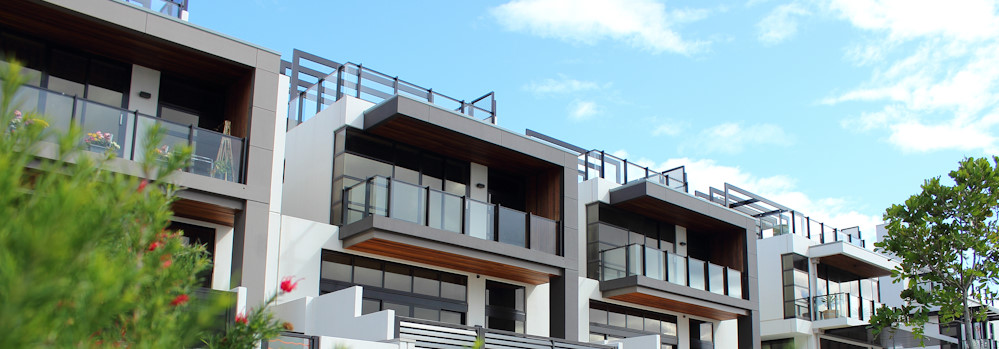
Accommodation in Melbourne is generally quite expensive, especially high-rise apartments in the city centre. Expats with children usually prefer the more spacious and affordable housing in the suburbs of Melbourne. The property market moves fast in Melbourne, and it may take a little time to find, apply for, and be approved for the perfect home.
Not sure where to start? Get some tips on Finding Accommodation in Melbourne, and learn about the ins and outs of Renting in Australia.
Getting around in Melbourne
Public transport in Melbourne is efficient and well-maintained, making it easy to get around. The city offers transport in the form of trams, trains, buses and taxis. It’s not really necessary to have your own car, although you may find it useful if you live far from the city centre or have a family.
Learn more:
Driving and Public Transport in Melbourne
Cost of living in Melbourne
Life in Melbourne is expensive, and the cost of living might deter some expats. You’ll need to keep these costs in mind when looking for work and negotiating your salary. Accommodation is especially expensive, and you should choose your neighbourhood carefully. Luckily, the public transport system makes moving about easy and relatively cost-efficient.
View a chart of common costs and find out more about Budgeting in Melbourne.
Lifestyle in Melbourne
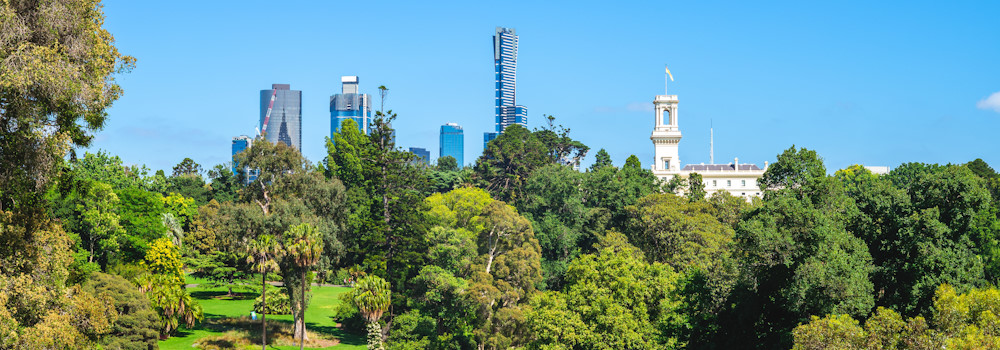
Like any urban hub, Melbourne thrives on the luxuries of the good life, such as a vibrant café culture and trendy nightlife, a huge selection of shopping malls and eateries, as well as art galleries and speciality shops. Melbourne is also an immensely attractive city with beautiful historical buildings, cobbled European-style lanes and equally eye-catching public parks and gardens.
Three main pastimes excite and unite Melbournians regardless of background: sport, food and wine. The city presents a fantastic lifestyle – it has repeatedly been voted one of the world’s most ‘liveable’ cities, and with good reason. There are also countless opportunities for nearby family getaways and weekend breaks in Melbourne.
Top Shopping, Sports, Attractions, and Events in Melbourne
Best Weekend Breaks from Melbourne
Expat families and children
Melbourne is an incredibly family-friendly city. The suburbs, in particular, are a wonderful place to raise children, filled with greenery, great schools, and warm communities. There’s also plenty to keep kids entertained in Melbourne, thanks to the city’s pleasant weather and seaside location.
Finding a school in Melbourne
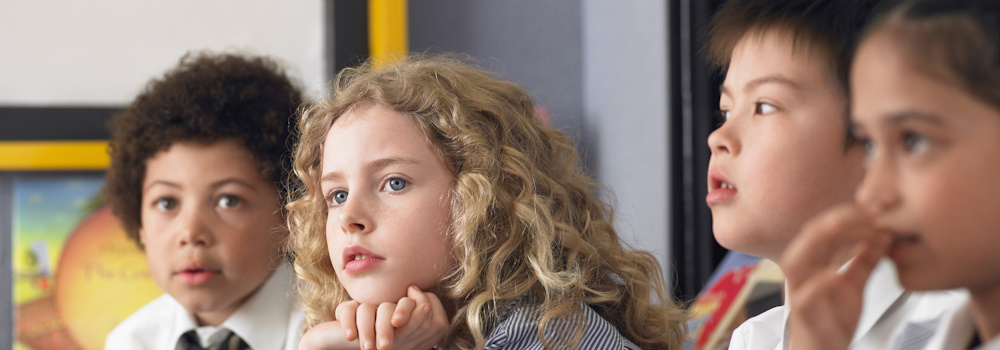
Parents will have a wide range of options when it comes to schools in Melbourne. Government schools, non-government (Catholic) schools and private schools are all available.
Government schools in Melbourne are free for residents and citizens, and education is generally of excellent quality throughout Australia. That being said, temporary residents must pay school fees for their children to attend. Another option is Catholic schools, which can be cost-effective but do tend to prioritise Catholic families for admittance.
Lastly, private schools are also available, although they do tend to be expensive. Included in this category of schools are the city’s international schools. These teach the International Baccalaureate (IB), a globally respected curriculum that can be found in schools all over the world. The IB is favoured among expats for its global-mindedness and easy transferability when moving.
Find out more about the Types of Schools in Melbourne and the School System in Australia.
Climate in Melbourne
The weather in Melbourne is ideal for those who enjoy the outdoors, as there’s plenty of sunshine throughout the year. Even winters are mild rather than chilly. The summer sun can be scorching, so it’s vital to wear a high-SPF sunscreen, stay hydrated and avoid direct sunlight during the hottest hours of the day.

